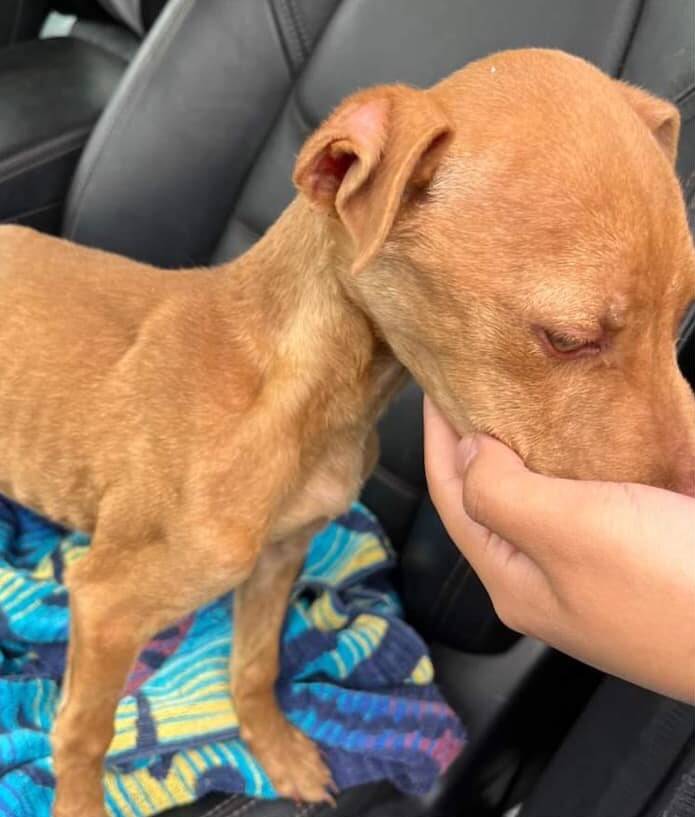
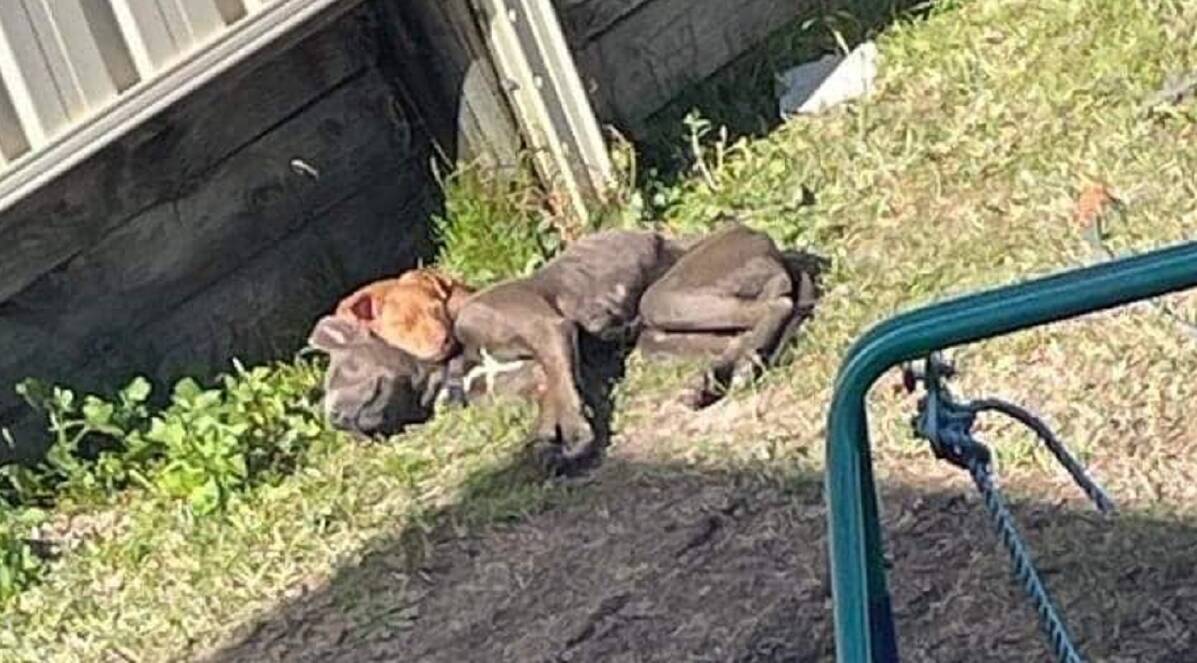
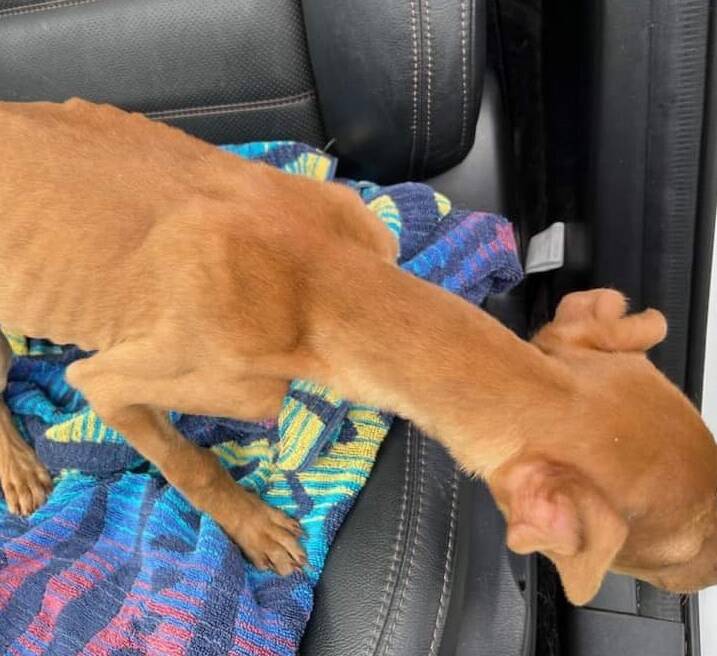
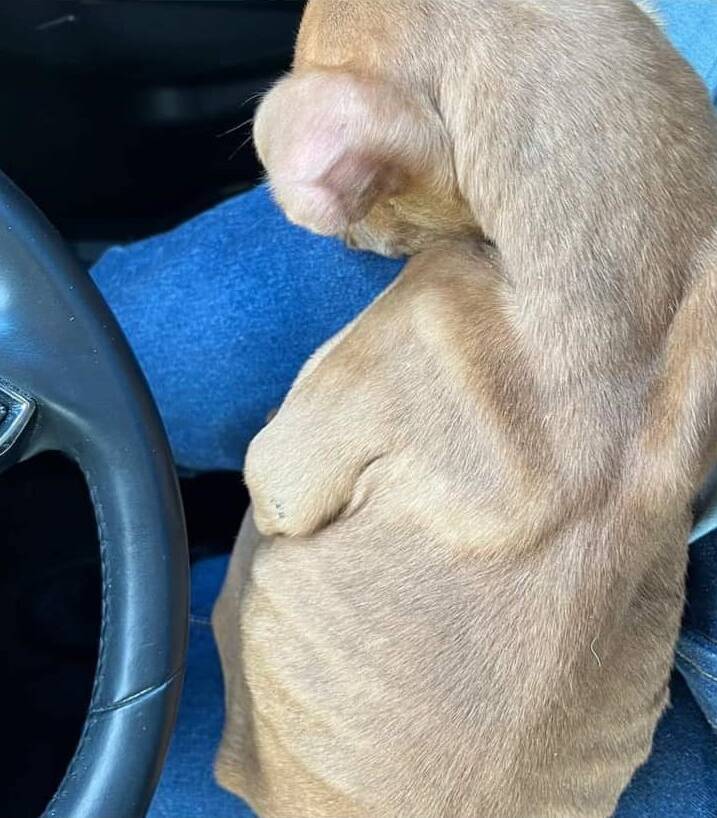
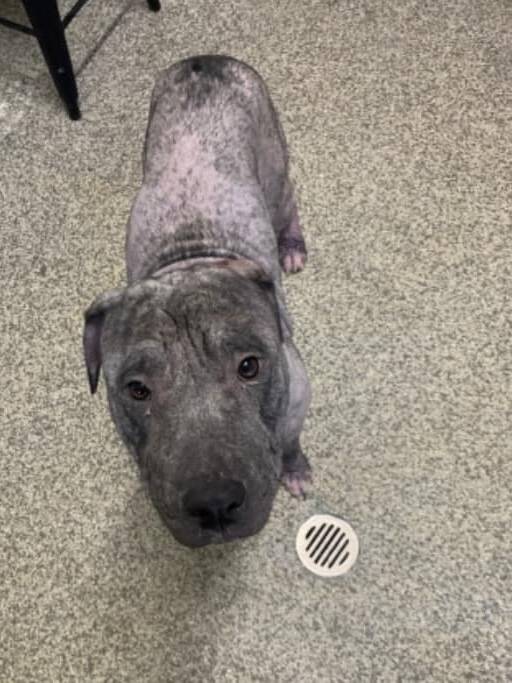
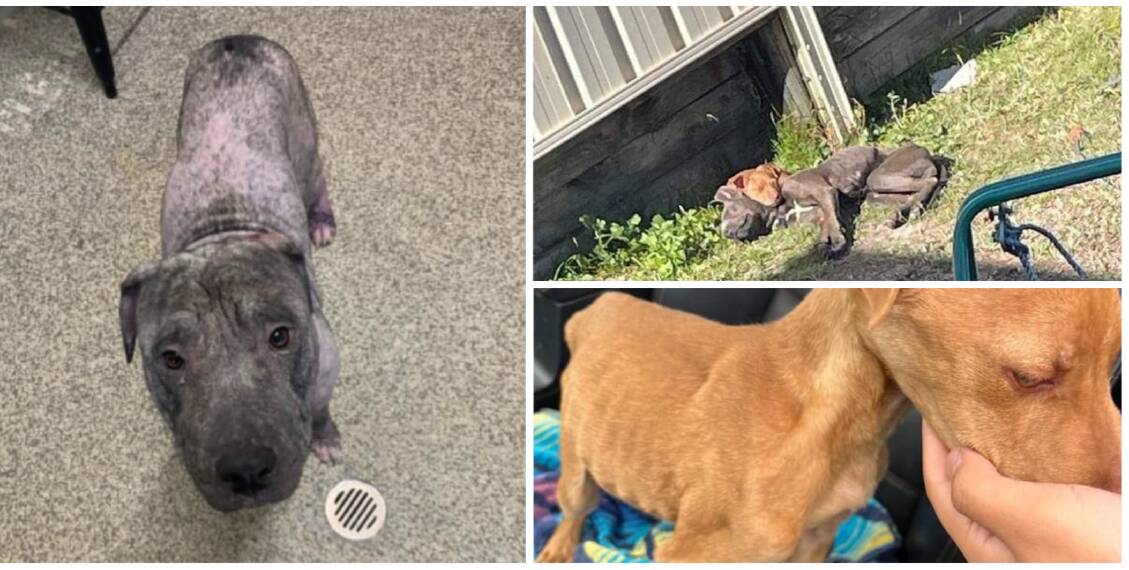
A Newcastle rescue group says the NSW government should act to prevent the neglect of pets in public housing, amid serious problems with dogs and cats at Hunter properties.
"There's some lovely people in public housing who really look after a dog or cat," Dog Rescue Newcastle president Sue Barker said.
"But there are also irresponsible people with animals that aren't registered or desexed.
"Most of our problems come from public housing. We're often called to properties that are poorly maintained and in a disgraceful state of disrepair."
Some recent examples include:
* Two staffies found tied up and starving in a backyard at Booragul.
* A man with 10 female shepherd puppies in a one-bedroom unit at Hamilton South. All the dogs were born with medical problems because they weren't fed properly.
* Five staffies kept in a one-bedroom unit at Kurri.
* A staffy found with demodectic mange at Windale.
* A dead cat spray-painted yellow at Hamilton South.
* Numerous cases of dogs and cats defecating and urinating inside units without proper cleaning.
Ms Barker said cases like this happen often at public housing properties.
She said the department should insist that tenants register and desex their animals and place restrictions on the number of animals allowed at a property.
She added that publicly-funded desexing programs should be run to deal with the problem of neglected and unwanted dogs and cats in public housing.
In highlighting the problem, the rescue group hopes authorities can work to find solutions to help the animals and people affected.
The NSW Department of Communities and Justice handles public housing.
"Tenants who live in properties managed by [the department] may keep pets if the property is suitable for the animal," a spokesperson said.
The pet must "not interfere with the reasonable peace, comfort and privacy of neighbours".
It must also comply with "any council requirements and the Companion Animals Act".
Ms Barker has raised the issue of unregistered animals in unsuitable accommodation with the housing department.
"They said they don't have the power to insist their tenants have their animals registered," she said.
Nevertheless, dogs and cats must be registered in NSW under the law.
Given this, Ms Barker believes the department should be ensuring tenants comply with this law.
An increasing number of dogs and cats are being neglected and surrendered. And councils and pounds often don't accept responsibility for the problem.
"This is falling back on rescue groups," Ms Barker said.
"There's extra animals coming in every day. The council pounds can't cope with the influx."
Another recent example involved a man living in a public housing property at Mayfield.
His dog was not desexed and had never been vaccinated, microchipped or taken to a vet.
The dog spends all day in the flat and only gets walked once a week by the man's carer.
The man does not take the dog outside to the bathroom. The dog does its business on the flat's small balcony or inside the home.
When the man can afford it he buys dog food, but mostly feeds the dog scraps of his own food like pies and bread. He has acknowledged that the dog needs rehoming. He can't afford to surrender the dog to a pound due to the surrender fee.
Dog Rescue Newcastle was approached to handle the matter and clean up a problem that authorities wouldn't handle.
Another problem is that public housing tenants often approach the rescue group to pay for vet bills.
Ms Barker said the housing department was asserting "no control over the numbers of animals" in its properties.
"Cats roam around all night and dogs don't get vet treatment. The animals are allowed to breed.
"This is where most of the backyard breeders come from."
A spokesperson for the Office of Local Government said the government "encourages desexing of cats and dogs at an early age to ensure they stay healthy, are well behaved and do not have unwanted litters".
The spokesperson said 80 per cent of the fees collected by the government for pet registrations are returned to councils.
This is to support their companion animal management activities, which "may include desexing or desexing-education programs".
The Herald has previously reported that Hunter councils have not historically been proactive with desexing programs and registration of animals.
NSW MP Emma Hurst, an animal rights' advocate in NSW Parliament, said "the reality is that cruelty cases are occurring everywhere".
"There is a major companion animal overpopulation crisis. The solution needs to be multifaceted. We need state-funded desexing programs targeted at the council level to reduce unwanted litters," Ms Hurst said.
"Research has shown that cost is the primary barrier for people having companions desexed.
"Pilot programs have shown a significant reduction in the number of animals entering pounds and shelters following a free desexing program for cats."
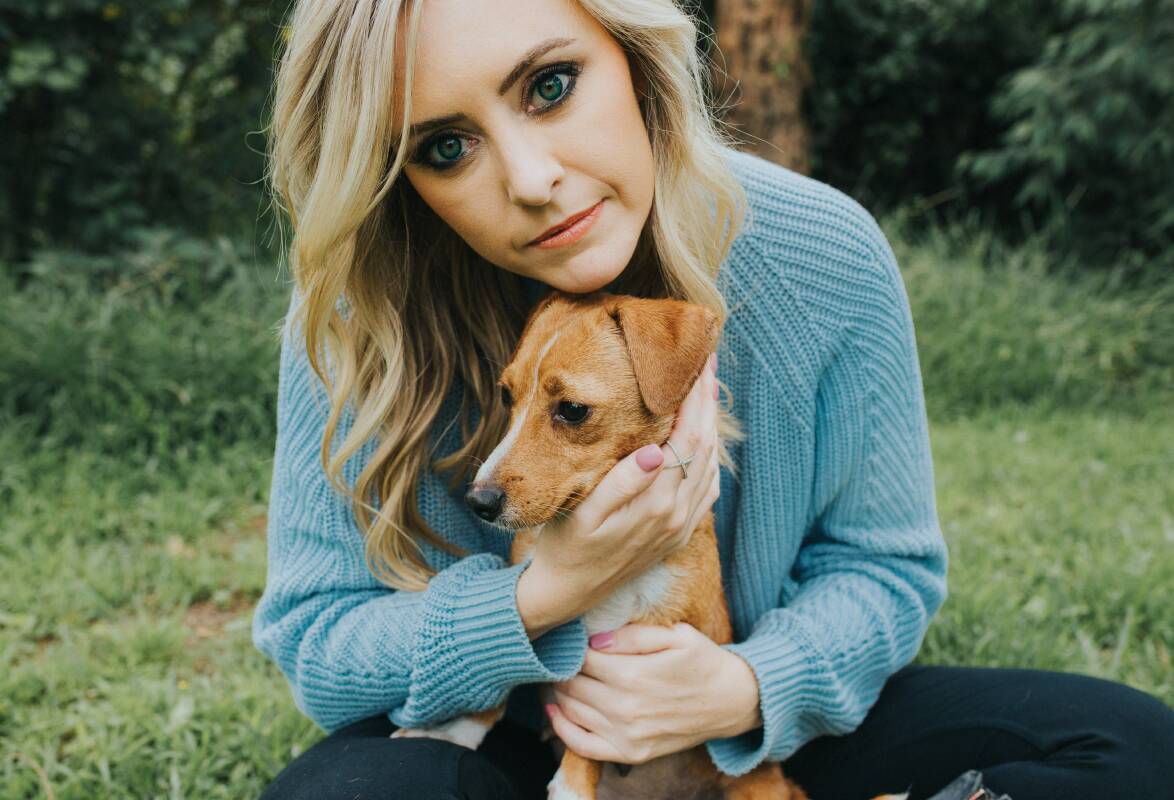
Ms Hurst said desexing programs are "part of the solution".
"They should begin immediately in targeted council areas that have the highest animal dumping rates or cruelty concerns.
"It blows my mind that the Minister for Local Government has not already funded such programs across the state."
She said such programs would be more humane and research had shown that it would be "a cost saving overall", as helping to cover desexing costs would reduce the costs of impounding and killing animals.
A NSW parliamentary report released last month found pets were not being protected from abuse in NSW.
"We must outlaw puppy farming and dodgy backyard breeding. Breeding is almost entirely unregulated in NSW, which can lead to cruelty, neglect and a huge oversupply of companion animals that later fill pounds and shelters," Ms Hurst said.
"All animals and breeders must also be licensed and traceable by a government-run system, so cruelty can be tracked down and prosecuted where it occurs."
She said enforcement agencies must be properly funded, so they can enforce the laws.
"An Upper House inquiry found that RSPCA and the AWL [Animal Welfare League] only receive a very small percentage of the costs required to uphold the law, leaving them to fundraise from the public to investigate cruelty matters."







